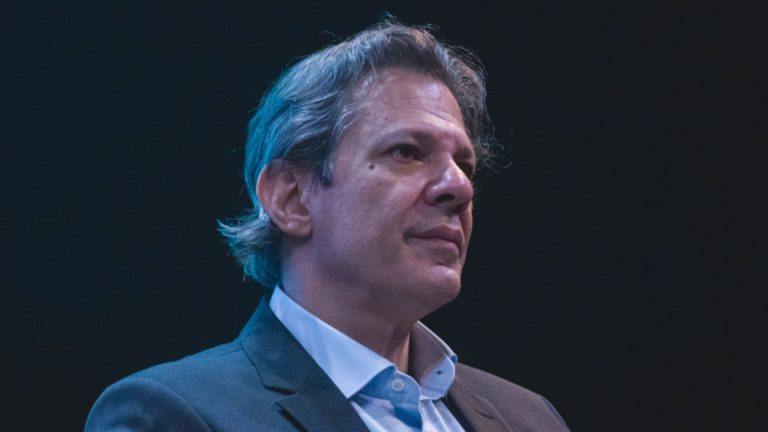
Brazil's finance minister, Fernando Haddad, has made headlines for his strong stance against the "weaponization" of the U.S. dollar, expressing concerns about its impact on the currency's reserve status. In a recent statement, Haddad highlighted the pernicious effects of using the dollar as a tool for political leverage and manipulation in international trade and finance.
Haddad's criticism comes amid growing global tensions over the use of economic sanctions and tariffs by powerful countries like the United States. He warned that the weaponization of the U.S. dollar could have far-reaching consequences for the stability of the global financial system and the sovereignty of nations that rely on the dollar for trade and reserves.
Furthermore, Haddad announced that Brazil would challenge the 50% tariff regime imposed by the United States in court. The move signals Brazil's commitment to defend its interests and resist what it perceives as unfair trade practices that undermine its economy.
The Brazilian government's decision to challenge the tariffs reflects a broader pushback against protectionist policies and unilateral actions that disrupt international trade and cooperation. Haddad's remarks underscore the need for countries to uphold the principles of free and fair trade, and to resist attempts to politicize economic relations through the manipulation of currencies and tariffs.
The debate around the weaponization of the U.S. dollar is not new and has been a topic of discussion among policymakers and economists for years. Critics argue that the dominance of the dollar in global trade and finance gives the United States disproportionate power to impose sanctions and tariffs that can harm other countries and undermine their economic stability.
In recent years, there have been calls for diversifying the international monetary system to reduce reliance on the dollar and promote a more balanced and inclusive global financial architecture. Some countries have sought to strengthen alternative currencies and payment systems, such as the euro and digital currencies like Bitcoin, as a way to reduce their vulnerability to the potential weaponization of the dollar.
As Brazil takes a stand against the weaponization of the U.S. dollar and challenges unfair trade practices in court, it sends a message that it is willing to defend its economic interests and protect its sovereignty in the face of external pressure. The outcome of Brazil's legal challenge and its broader efforts to promote a more equitable and sustainable global financial system will be closely watched by the international community.

Leave a Reply